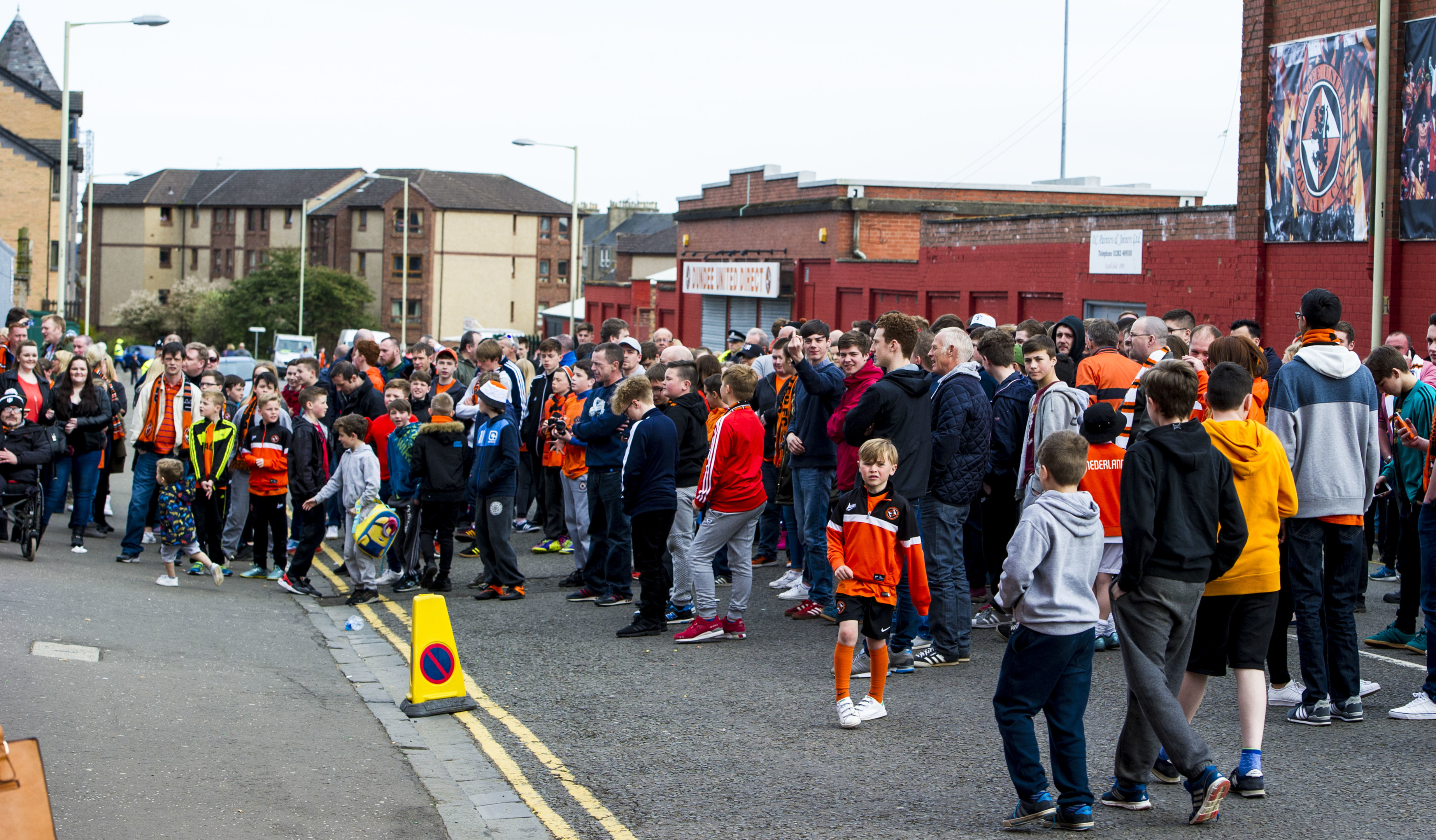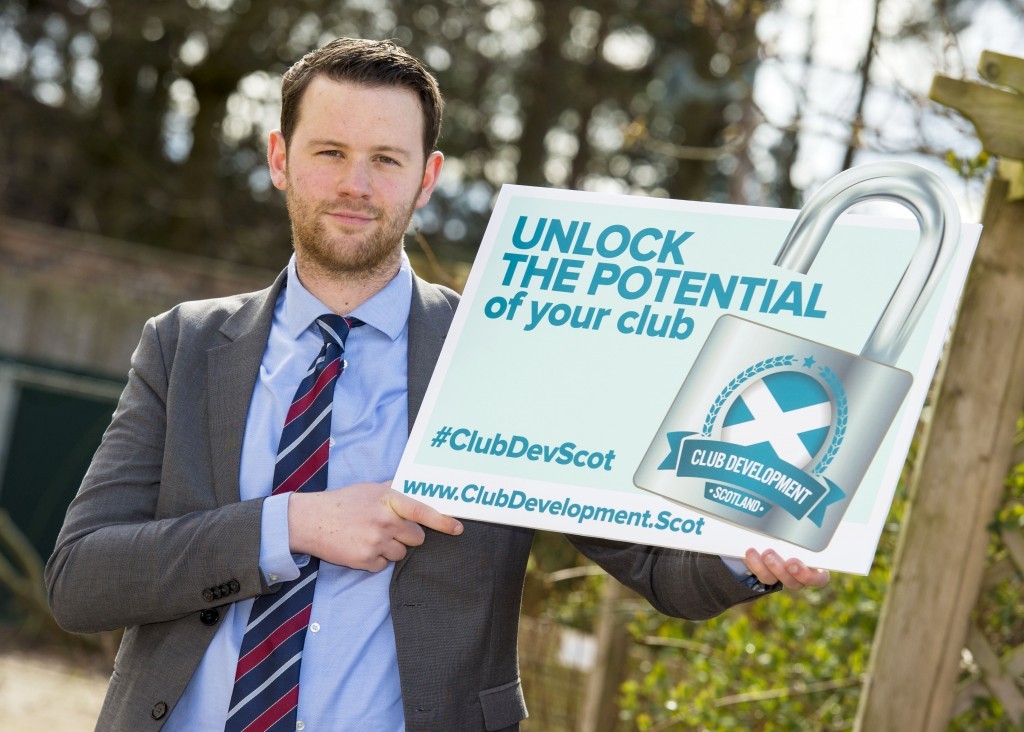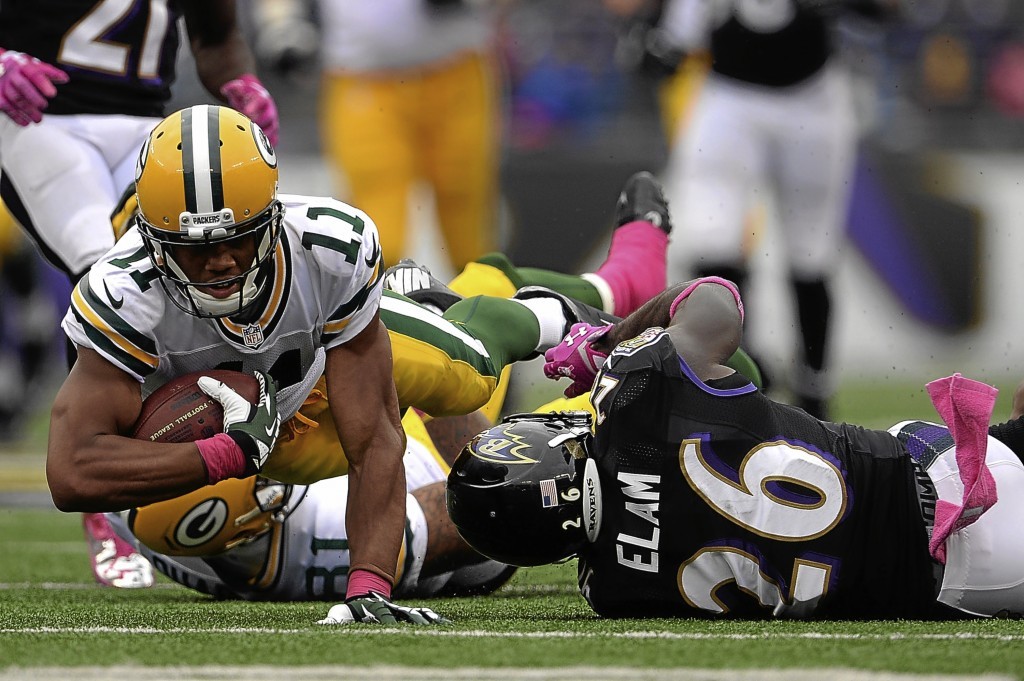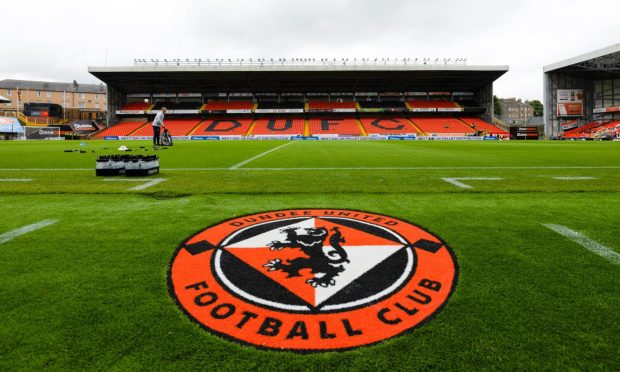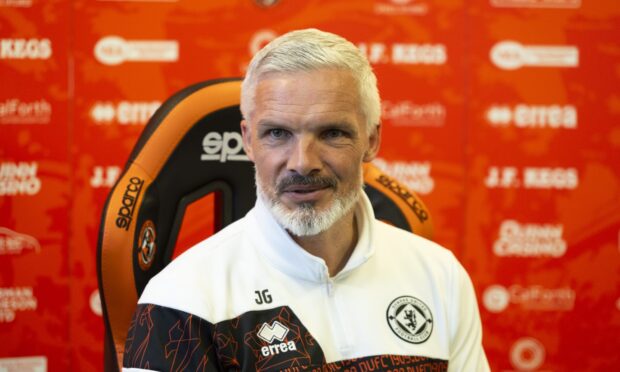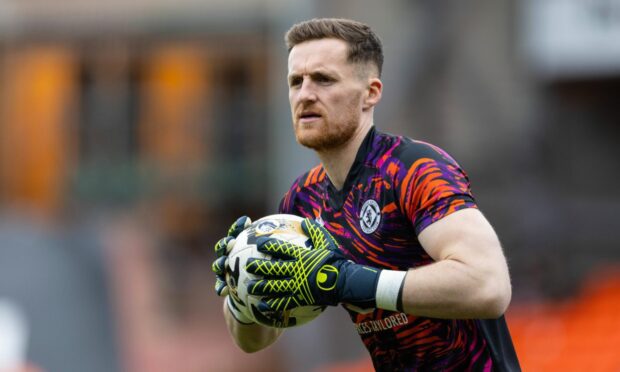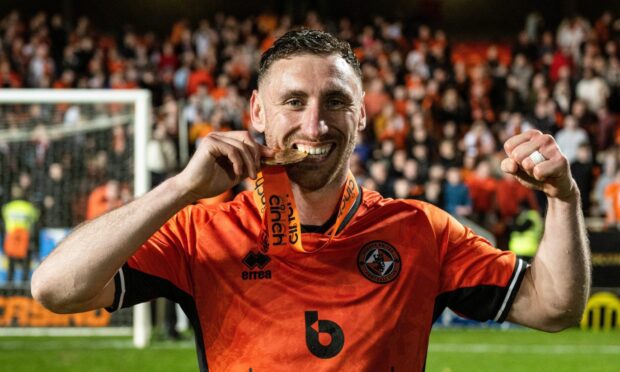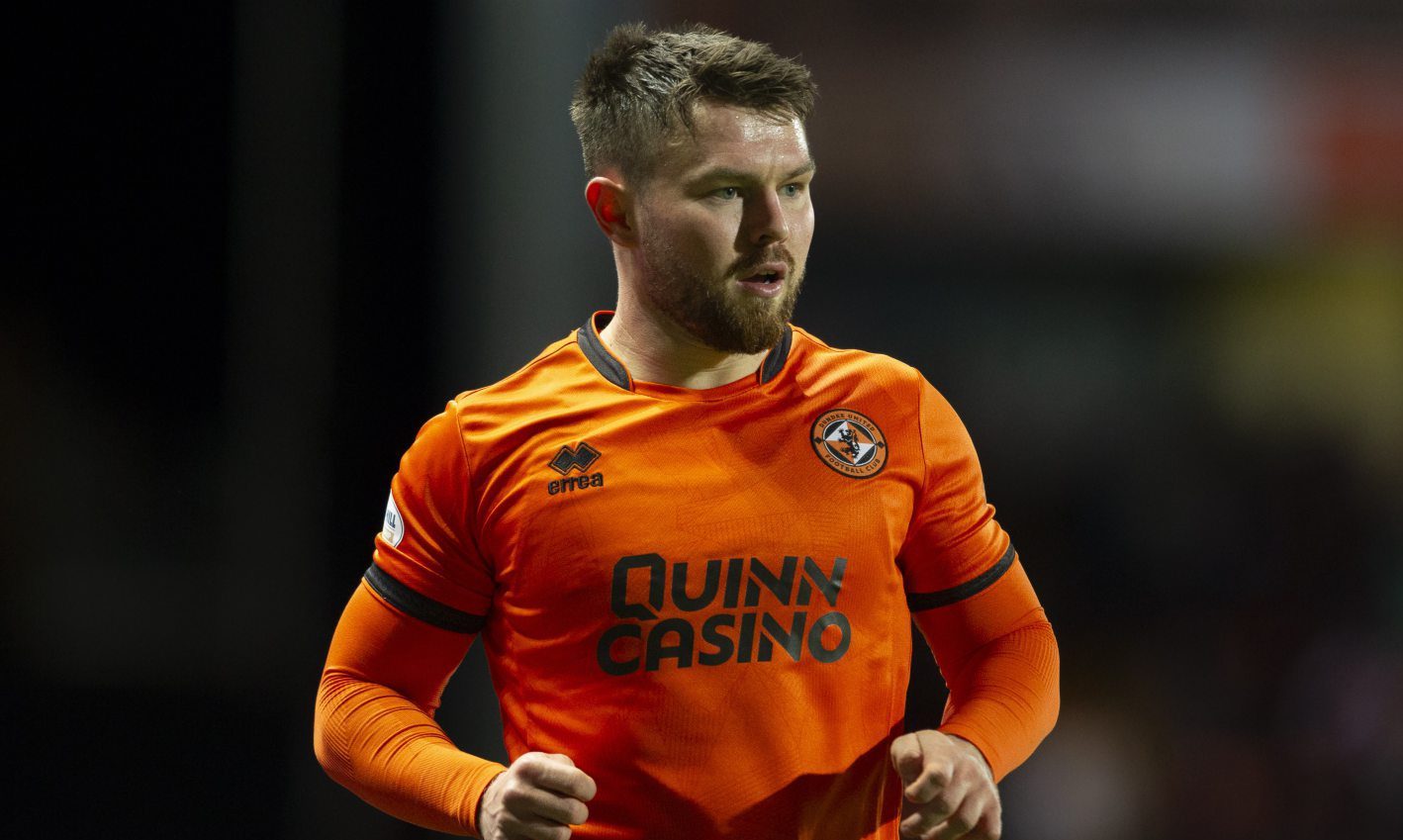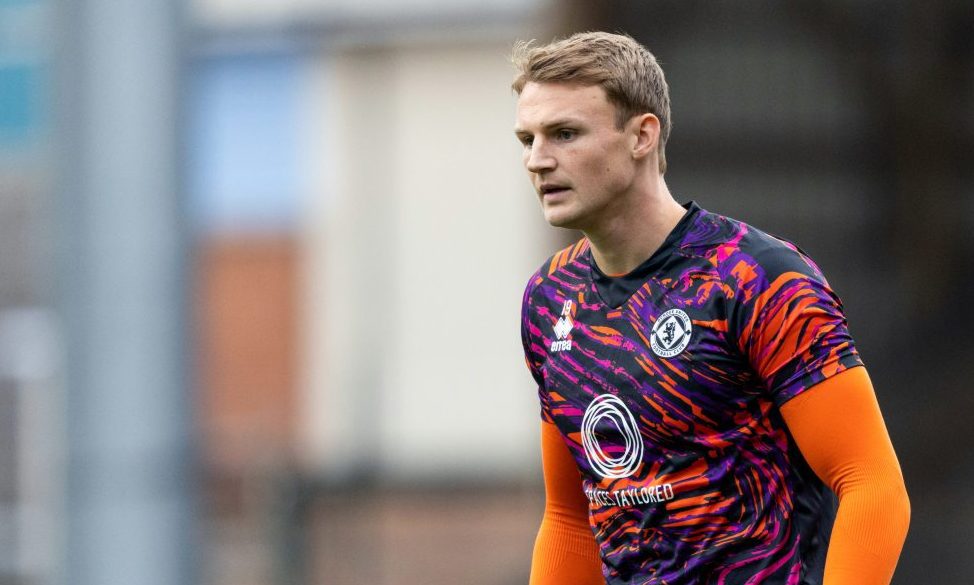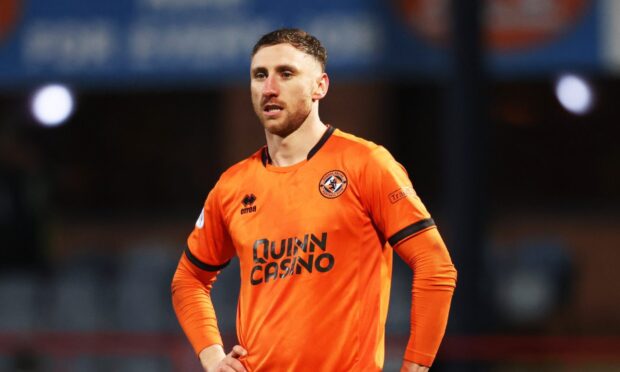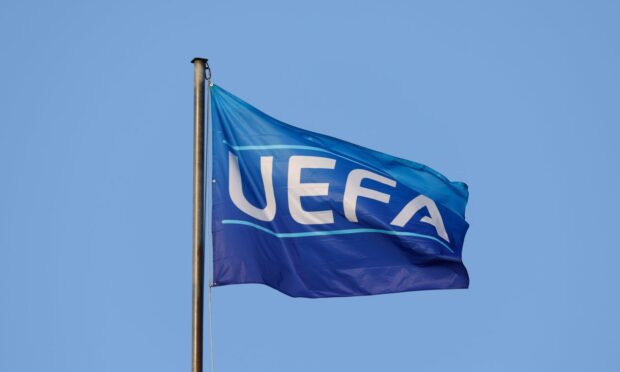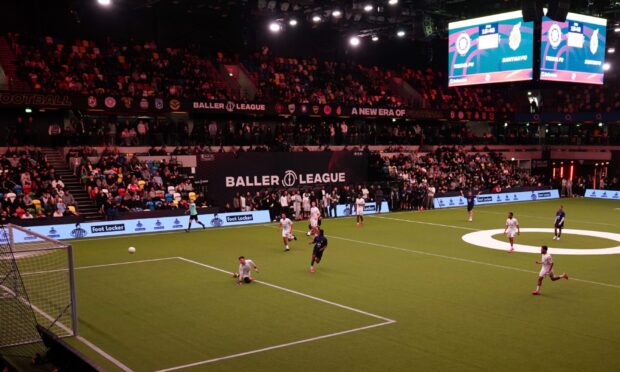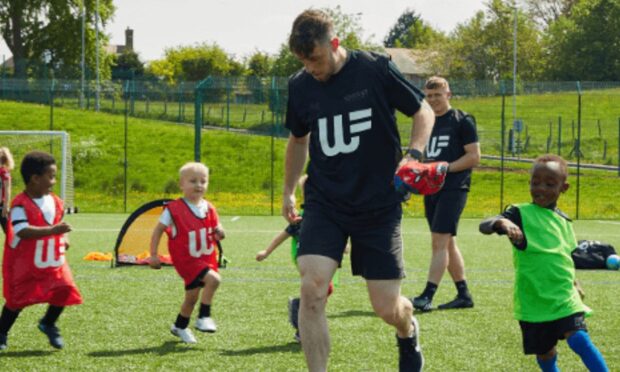Dundee United fans have been told the time could be right for supporters to take over the club.
Supporters’ group ArabTrust has said it wants the club’s current board to resign en masse and let them take over the day-to-day running of the club until a buyer is found for chairman Stephen Thompson’s majority shareholding.
But Andrew Jenkin, head of Supporters Direct Scotland, which promotes community ownership of football clubs, said there is no reason Tangerines fans cannot assume control of their own club.
He said: “We, as an organisation, believe community owned clubs are able to deliver more benefits to the supporters and to the community.
“I think community ownership could definitely work with Dundee United.
“Lots of other clubs in the Premiership, Championship and Leagues One and Two have shown that it can work. They can be quite innovative in how they go about it.”
Mr Jenkin said a fans’ takeover of United could work in two ways. The first is to find someone, like Ann Budge at Hearts, to provide the initial capital for a takeover, which would then be repaid in subsequent years.
Alternatively, the money could be raised through a community share programme.
“The problem is how are they going to get the necessary funds,” he said.
“One approach is to find a wealthy benefactor with an interest in supporter ownership, like Ann Budge or to look at others way of raising finance, like community shares.”
Mr Jenkin added: “While the chairman has done a good job at United, you know supporters will have the best interests of the club at heart.”
Although he said a takeover could happen reasonable quickly, he warned anyone wanting to take over the club would have to carry out due diligence on its finances before any bid could be submitted.
The Scottish Government carried out a consultation on fan ownership last year.
It considered giving supporters’ groups preferred bidder status if club owners decide to sell or there is a financial crisis.
The consultation closed in January and a report analysing the responses should be published this year.
Richard Atkinson, who has been involved in fan ownership bids at Rangers, Hearts and St Mirren, said: “Fan ownership works – if you have a big enough fan base, it offers the best way forward.
“Fans are the best people to offer a long term future for a club. It is difficult for a collective of fans to overspend, by they will always be there. Although a benevolent, rich dictator might be nice, fans will outlast anyone.
“Could it work for Dundee United? Absolutely.
“There’s no evidence than fan ownerships don’t last or fall apart. Once a club is majority owned and done in a sensible way, it works. All German clubs are fan owned fundamentally.
“You have to put the work into the small print. You have to be realistic in that you will face problems, and you should expect that. The main problem is that so many clubs survive from cashflow crisis to cashflow crisis.
“My advice would be speak to those who have tried it. You have got to get a real cross-section of the fan base. You need the committed fans who go to every match, but you need the accountants and lawyers as well.
“I would certainly encourage any group of fans to give it a go.”
Early trials show fan ownership can work
What links Barcelona, Stirling Albion and the Green Bay Packers?
The answer, of course, is all three clubs are owned by their fans despite their vastly different levels of resources and success.
It is a model that is becoming increasingly popular, particularly in football.
Clubs are deemed to be supporter-owned if 50% + 1 of their voting rights are owned by a democratic organisation with an open membership.
Currently there are four fully fan-owned clubs in Scotland: Stirling Albion, East Stirling, Dunfermline Athletic and Clyde.
Heart of Midlothian and Motherwell can soon be added to that list.
Both were in financial crisis until new backers stepped in, promising to hand their shares over to supporters groups at a later date.
At Hearts, businesswoman Ann Budge provided the cash to help rescue to back the Hearts Foundation’s plan to rescue the club.
She lent them £2.5 million to buy the club, which will be repaid when it is once again financially secure.
At Motherwell, businessman Les Hutchison in January last year with the promise his shares will be given to the supporters trust The Well society over a five-year period.
He has given an interest-free loan to the Steelmen, which will be repaid over that time.
St Mirren fans are hoping to follow the example of these two clubs, with former Buddies director Gordon Scott providing the cash to fund the buy-out.
Without a philanthropic millionaire to fund a buy-out however, supports must raise the money themselves, normally through community shares programmes.
